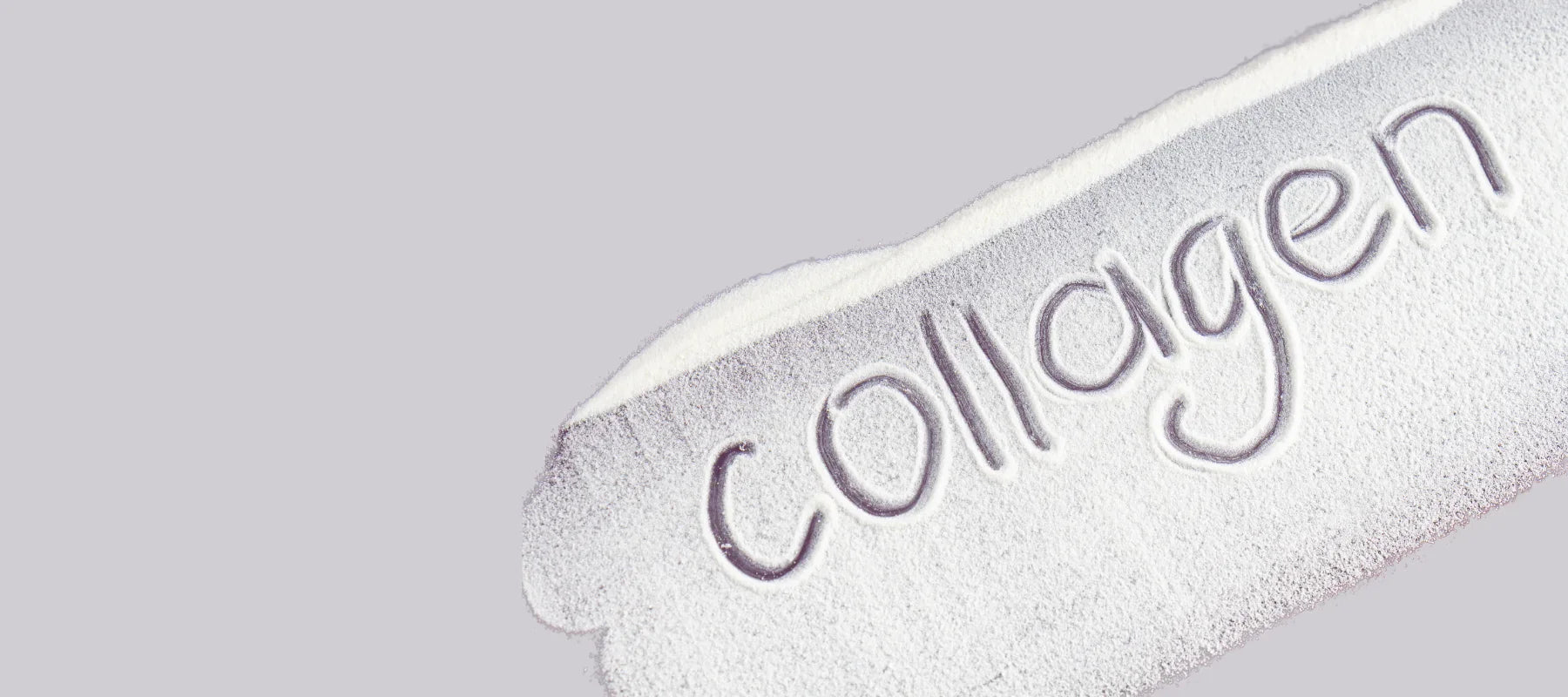
Collagen In Skin: Meaning, Types, Functions, More
Introduction
The search for radiant, youthful skin often leads us to various remedies, but one that stands out for its significance is collagen. Its pivotal role in maintaining skin health makes it a compelling subject to explore. This guide navigates through questions like ‘What does collagen do for skin?’ and explores its types, functions, and ways to enhance its presence for healthier skin.
What is collagen?
Wondering, ‘What is collagen?’ Collagen, the body's primary protein, acts as a support system, binding tissues together. It offers both strength and flexibility to the tendons and bones. Its structure is built from amino acids such as glycine. Different types of collagen exist, each with its distinct traits.
Different types of collagen
Now that we have addressed what is collagen in the skin, let’s look at its major types. Found predominantly in cartilage, Type II collagen is crucial for maintaining cartilage's elasticity and shock-absorbing properties. Its structure differs from Type I, comprising three identical alpha-1 chains, providing the necessary cushioning and support in joints. Its absence or alteration can lead to joint issues such as osteoarthritis.
Type III collagen
Among the different types of collagen, Type III provides structural support in various organs, blood vessels, and skin. It forms reticular fibres, contributing to the integrity and suppleness of these tissues. Type III collagen synthesis is prominent during wound healing and in the early stages of tissue formation.
Type IV collagen
Unlike the fibrillar structure of Type I, Type IV collagen forms a mesh-like network essential for the basement membrane, a specialised form of extracellular matrix. This type is crucial in the structural integrity of tissues, playing a role in filtration, supporting cells, and maintaining the barrier between different tissue layers.
Type V collagen
Type V collagen often works in tandem with Type I collagen, assisting in the assembly and stability of collagen fibrils. It's found in tissues like skin, hair, and the placenta, contributing to their structural integrity and maintenance.
Type VII collagen
This collagen type forms anchoring fibrils, which secure the skin's outermost layer (epidermis) to the deeper layers, ensuring stability and support. Its deficiency can lead to skin fragility and blistering, as seen in conditions like dystrophic epidermolysis bullosa.
Type X collagen
Type X collagen is significant in the development and mineralization of bone. It's primarily found in growth plate cartilage, playing a crucial role in endochondral ossification, the process of converting cartilage to bone during skeletal development.
Type XI collagen
Often found in cartilage and other tissues, Type XI collagen contributes to the formation of fibrils, primarily assisting in the regulation of fibril diameter in Type II collagen-containing tissues.
What does collagen do for the skin?
The million-dollar question, ‘What does collagen do?’ Collagen is the skin's principal structural component, accounting for a considerable amount of its extracellular matrix. It generates a network of fibres that give the skin strength and contour. Consider collagen to be the framework that binds everything together. This structural support maintains the skin smooth and firm and prevents it from drooping.
Skin elasticity
Collagen is important for the suppleness and resilience of the skin. It enables the skin to expand and return to its natural form. This characteristic is critical in avoiding wrinkles, fine lines, and sagging skin. Your skin will remain soft and youthful-looking if you have enough collagen.
Skin texture and tone
Collagen contributes to a more even skin tone and improved texture. When collagen in skin levels are optimal, the skin is less likely to develop issues like hyperpigmentation and acne scars. It helps create a smoother and more uniform complexion.
Reduced cellulite and stretch marks
Collagen plays a role in reducing the appearance of cellulite and stretch marks. Cellulite is often caused by weakened connective tissues beneath the skin, which collagen helps to strengthen. Stretch marks, which are a result of skin stretching, can also benefit from collagen's ability to enhance the skin's elasticity and resilience.
Hair and Nail Health
Collagen isn't just beneficial for the skin, it also supports hair and nail health. Adequate collagen levels promote stronger and healthier hair and nails, preventing issues like brittleness and breakage.
Can you increase collagen in the skin?
Enhancing collagen in the skin is possible. While the natural production of collagen within the body diminishes with age, external interventions significantly support and boost these levels. This promotes healthier, more resilient skin.
Hyaluronic acid
It helps in the preservation of skin moisture and improves suppleness. Products enriched with Hyaluronic acid play a crucial role in maintaining skin collagen, an excellent example being the 'Waterlight Gel Moisturiser'. The Waterlight Gel Moisturiser not only provides hydration but also aids in preserving skin elasticity and firmness by supporting collagen function.
Ginseng
Ginseng is another potent ingredient in skincare products aimed at enhancing collagen production. The 'Dark Spot & Hyperpigmentation Correcting Power Serum' is one such product that incorporates ginseng and Vitamin C to stimulate collagen synthesis, thereby contributing to improved skin tone and texture.
Collagen-boosting skincare products work in tandem with the body's natural processes, supporting and optimising collagen for skin levels. Moreover, a combination of these products, a balanced diet rich in nutrients that aid collagen synthesis, and protective measures against environmental stressors collectively contribute to maintaining and enhancing collagen in the skin.
Also Read: How To Increase Collagen In Skin: Our Top 11 Tips
Conclusion
Understanding the significance of collagen forms a pathway to maintaining youthful skin. Its various types and functions show the complexity of this protein in sustaining our skin's integrity. While collagen production naturally declines with age, external interventions through specialised skincare products can assist in enhancing collagen levels, effectively supporting skin health.
Collagen isn't just a buzzword in the skincare industry, it's a fundamental component crucial for healthy, glowing skin. Nurturing its presence through a well-rounded approach can significantly impact skin health.






















































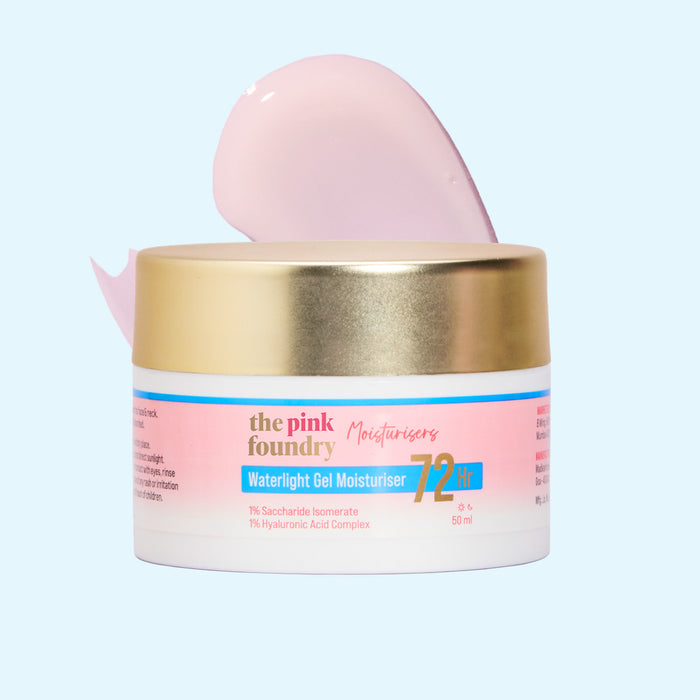
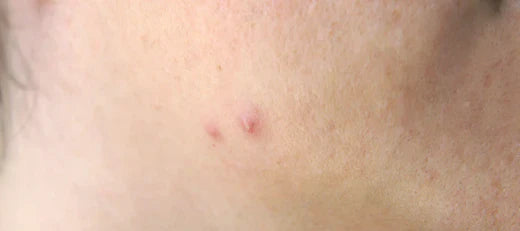


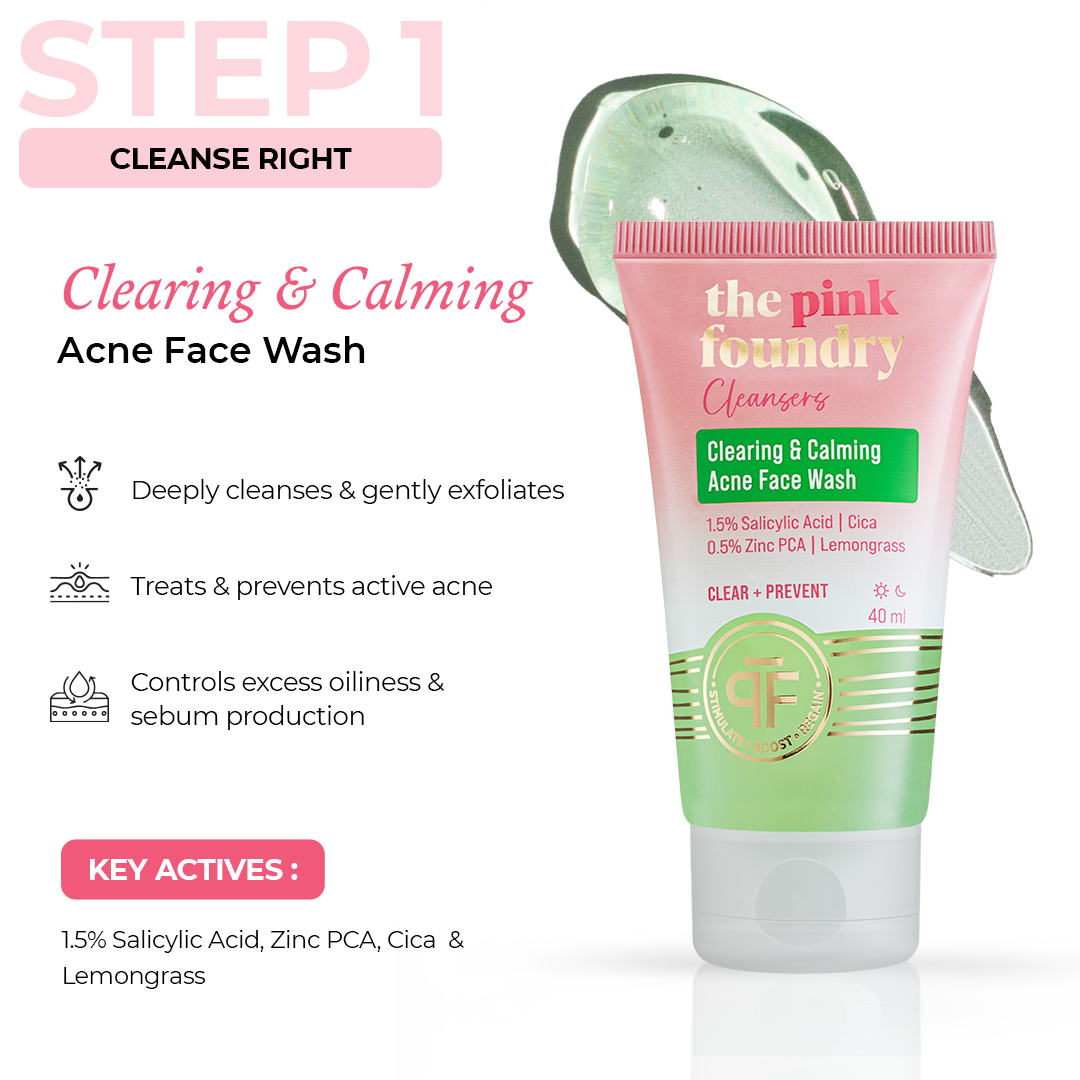




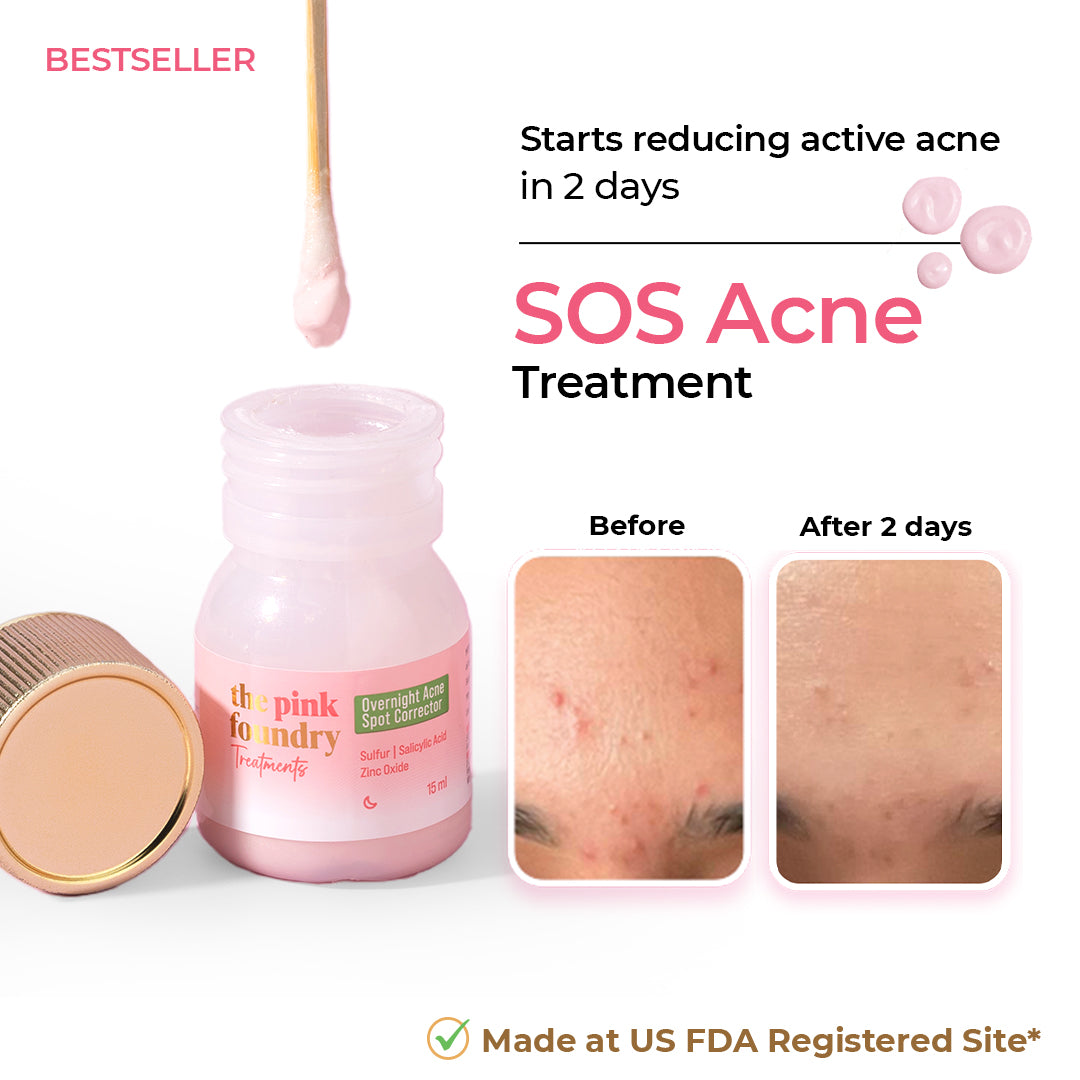
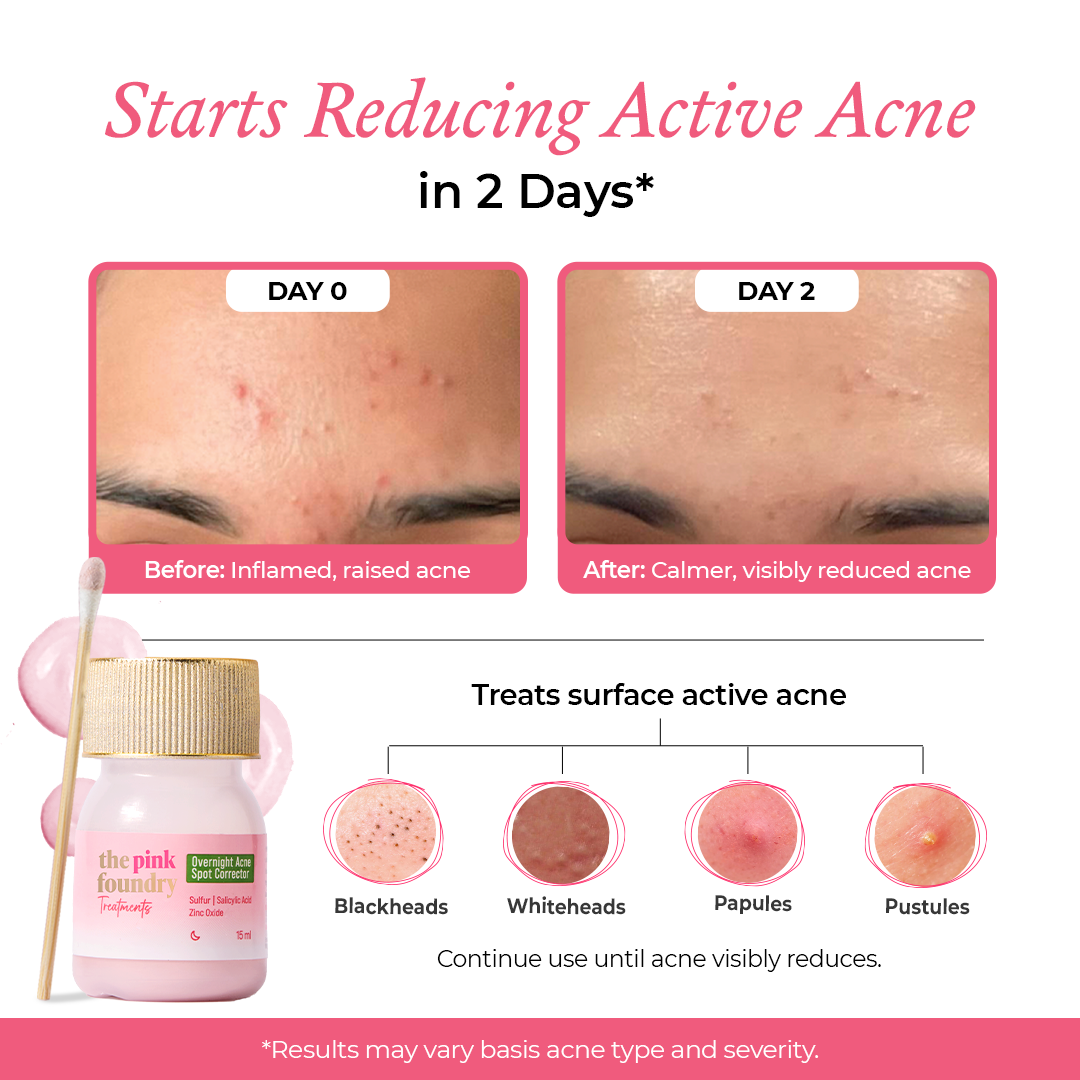








Leave a comment
This site is protected by hCaptcha and the hCaptcha Privacy Policy and Terms of Service apply.